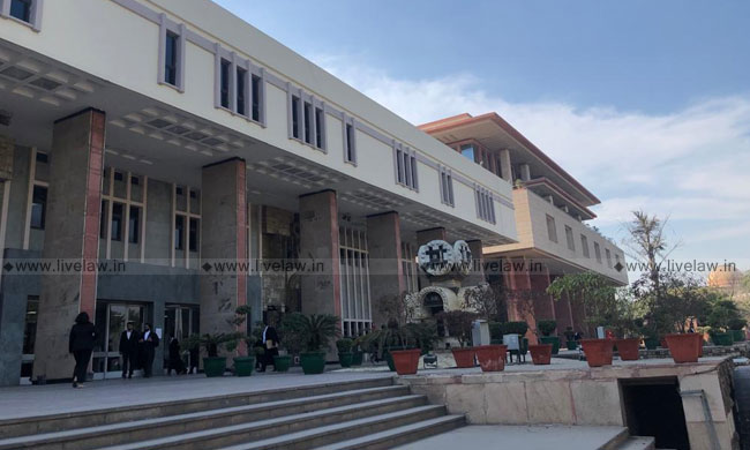Delhi HC Orders Re-draw Of DJS-2018 Prelims Results, 2 Qs To Be Deleted, One Will Have 2 Correct Answers
akanksha jain
1 Feb 2019 12:40 PM IST

Next Story
1 Feb 2019 12:40 PM IST
In a decision affecting hundreds of Delhi Judicial Service aspirants, the Delhi High Court has directed the Registrar General to re-draw the results of DJS-2018 preliminary examinations with two questions in the question booklet series 'B' to be deleted, answer to one question being revised in the answer key and the court ordering that in answer to one particular question, two of the four...
